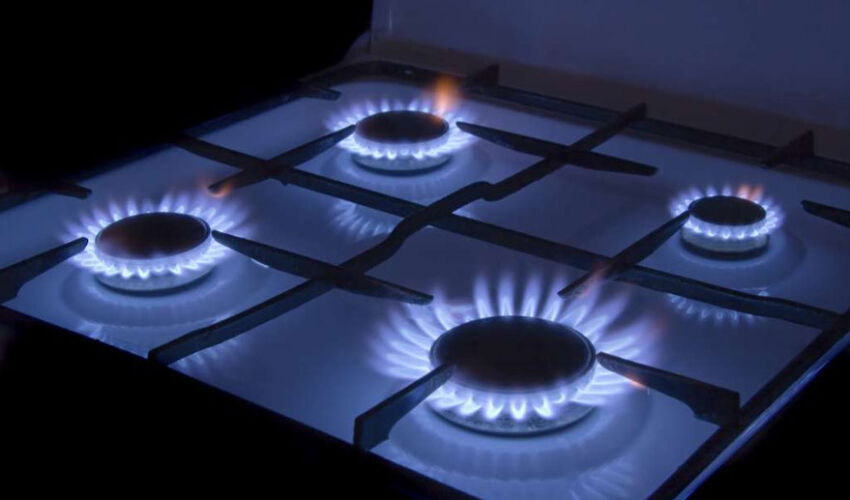
Such a rule is stipulated in the draft law developed by the Ministry of Finance. If it is approved by deputies, the innovation will come into force on January 1, 2026.
At the last meeting, the bill was approved by the government. According to its provisions, the Tax Code will be amended accordingly with regard to the VAT regime applied to imports and supplies of natural gas and electricity. The draft is now in parliament.
As the authors explain, the draft has been developed by partially transferring some provisions of the EU legislation. According to experts, the European practice of VAT on these goods is introduced due to the fact that Moldova is actively implementing the energy norms of the EU legislation. The processes are going on in parallel within the framework of accelerated harmonization. At the same time, other VAT changes, which the Ministry of Finance is currently working on, will be applied from the moment of Moldova’s accession to the EU.
According to the new rules, the place of supply of natural gas and electricity will be considered the location of the buyer’s commercial enterprise. And for deliveries to end consumers – the place where the customer actually uses and consumes the goods.
It should be reminded that the rule of reverse taxation of VAT, when it is paid by the buyer of the goods, is applied in Moldova in cases with enterprises in insolvency, when selling pledged property, etc. With regard to natural gas and electricity, it will be introduced at all stages, except for the last one, when the seller will pay the tax depending on whether the goods are sold to individuals or enterprises. Accordingly, it will be subject to a VAT rate of either 20% or zero.
According to Finance Minister Viktoria Belous, these changes will help avoid double taxation, facilitate cross-border transactions and create a predictable and competitive tax system for energy sector operators.
Experts note that the content of these changes will raise some questions for taxpayers, because the draft contains norms of European and Romanian legislation, where different legislative terminology is used.













